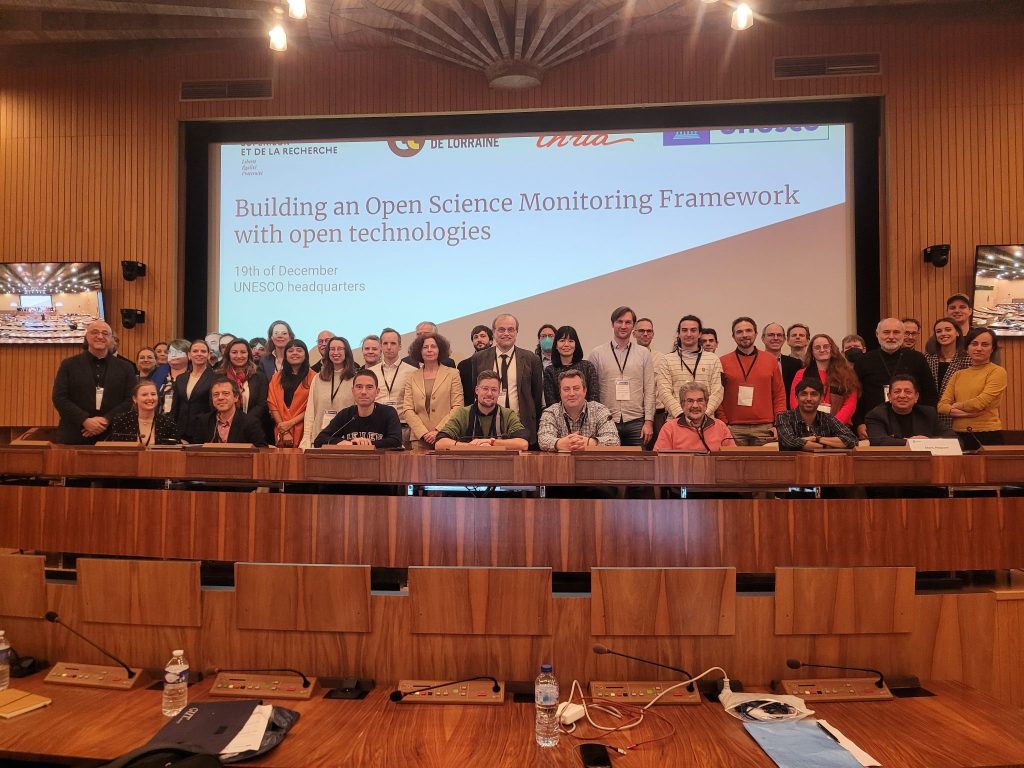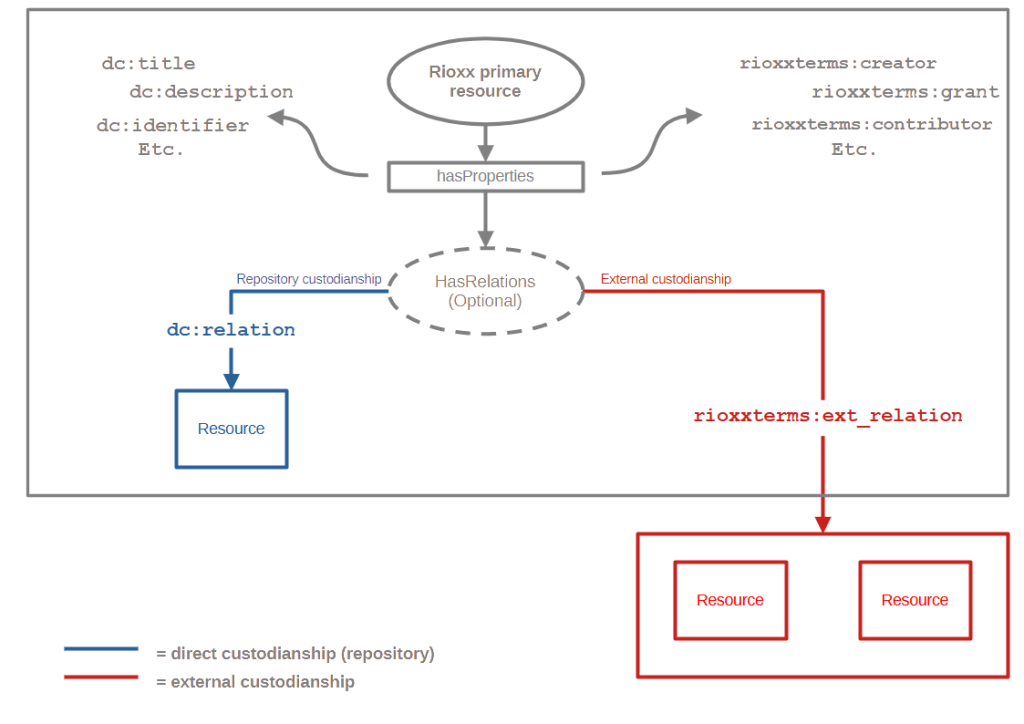In December, Professor Petr Knoth, founder and team lead for CORE was invited to participate in a workshop entitled ‘Building an Open Science Monitoring Framework with open technologies’ hosted by UNESCO at their Paris headquarters.

With many public and funder policies now mandating Open Access deposit of funded research, the need for tracking and measuring the impact of these policies becomes more pressing. This international workshop brought together more than 50 experts from research organisations, universities, nonprofits and national agencies to discuss how open technologies can best help in this effort and work towards monitoring the progress of open science itself.



